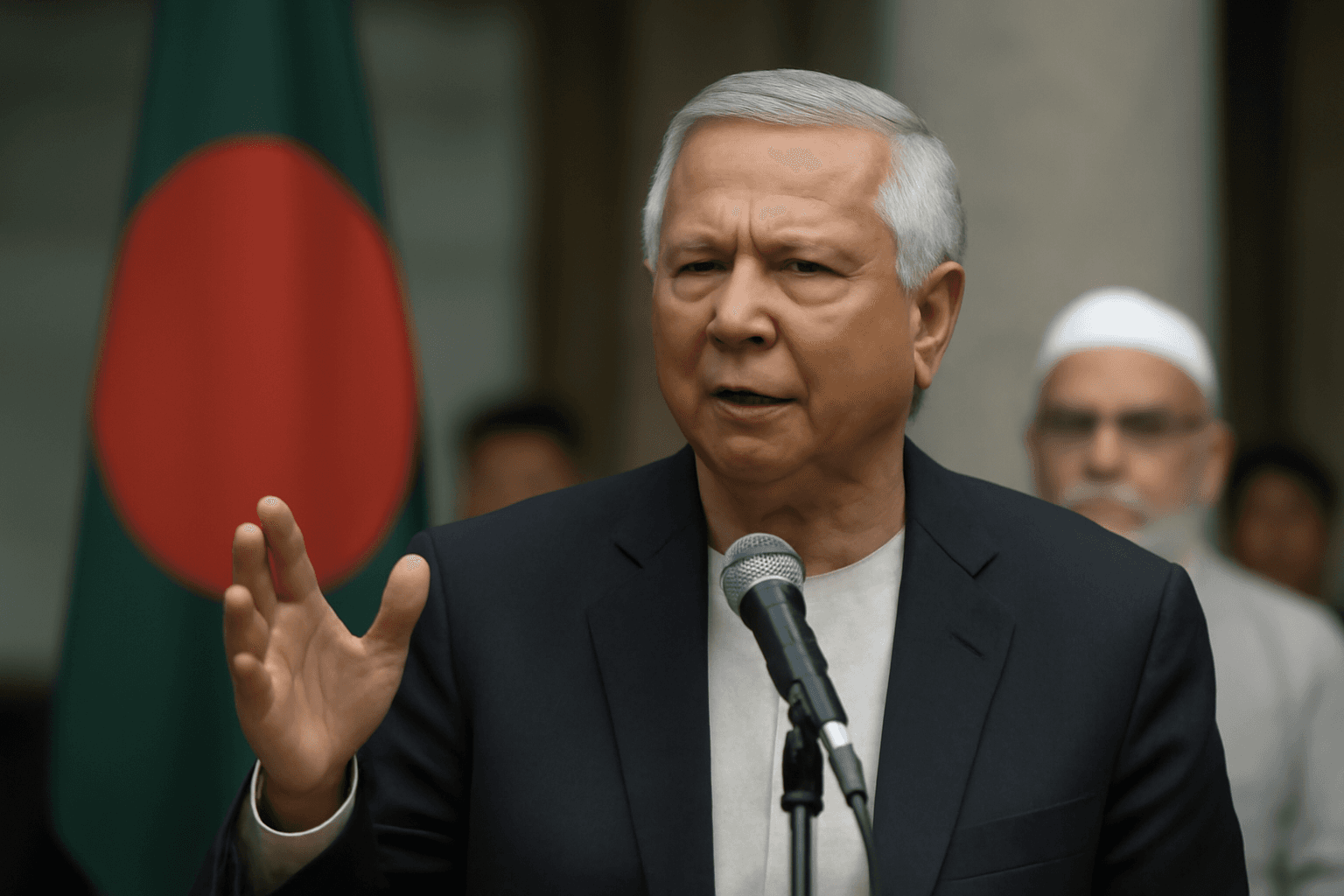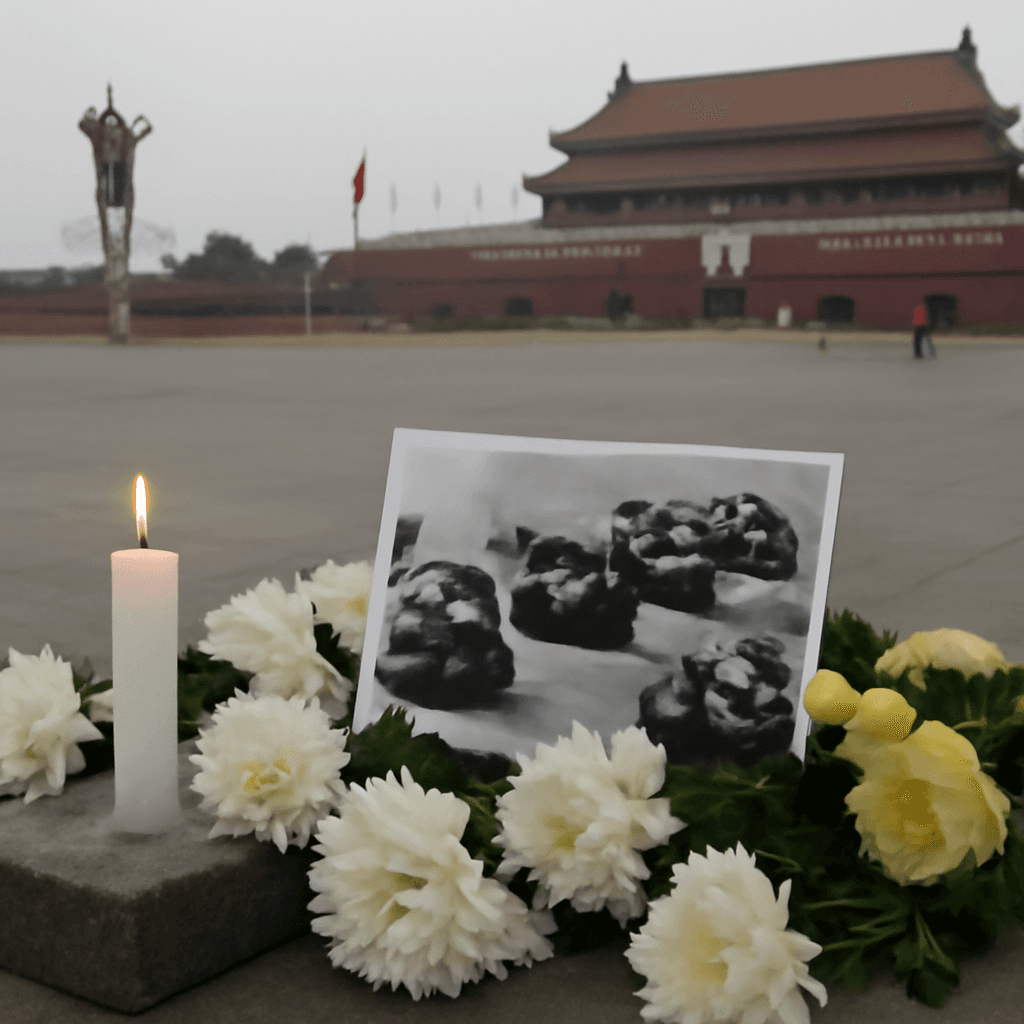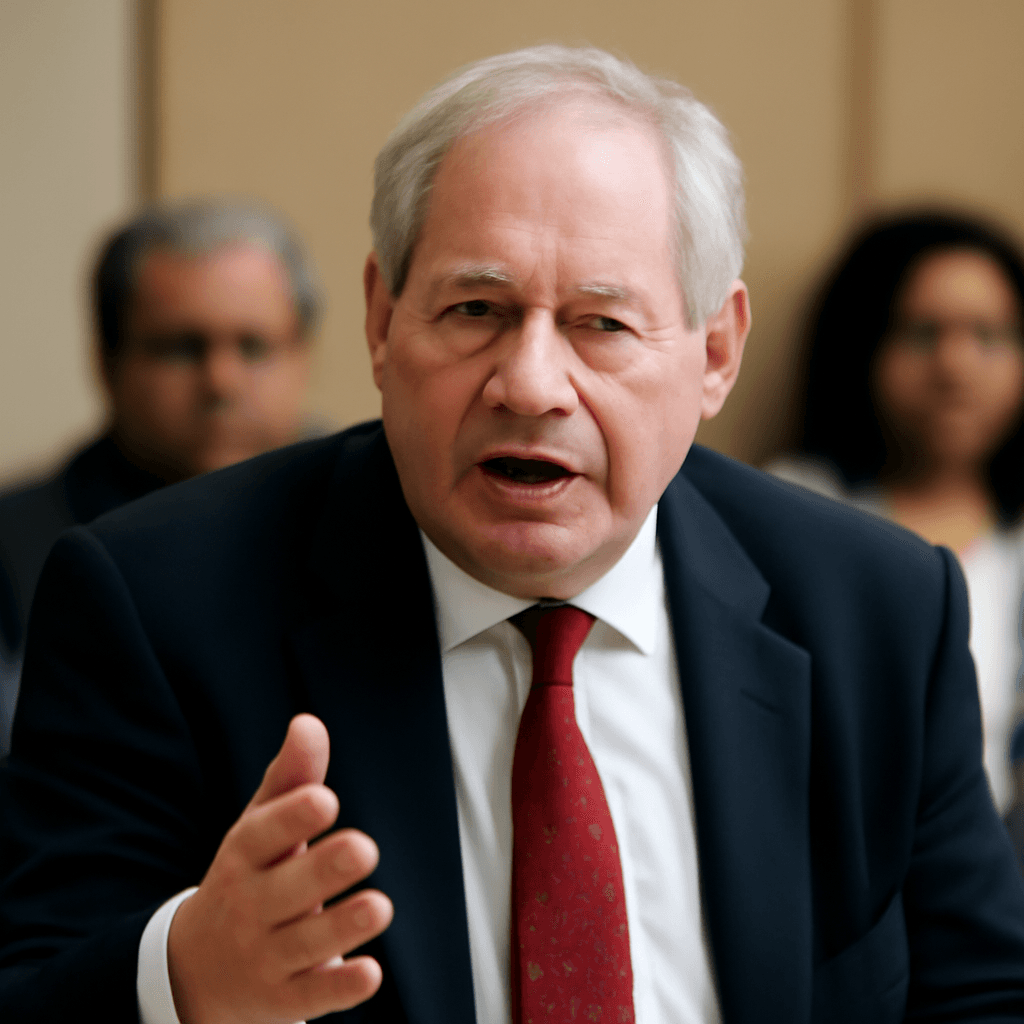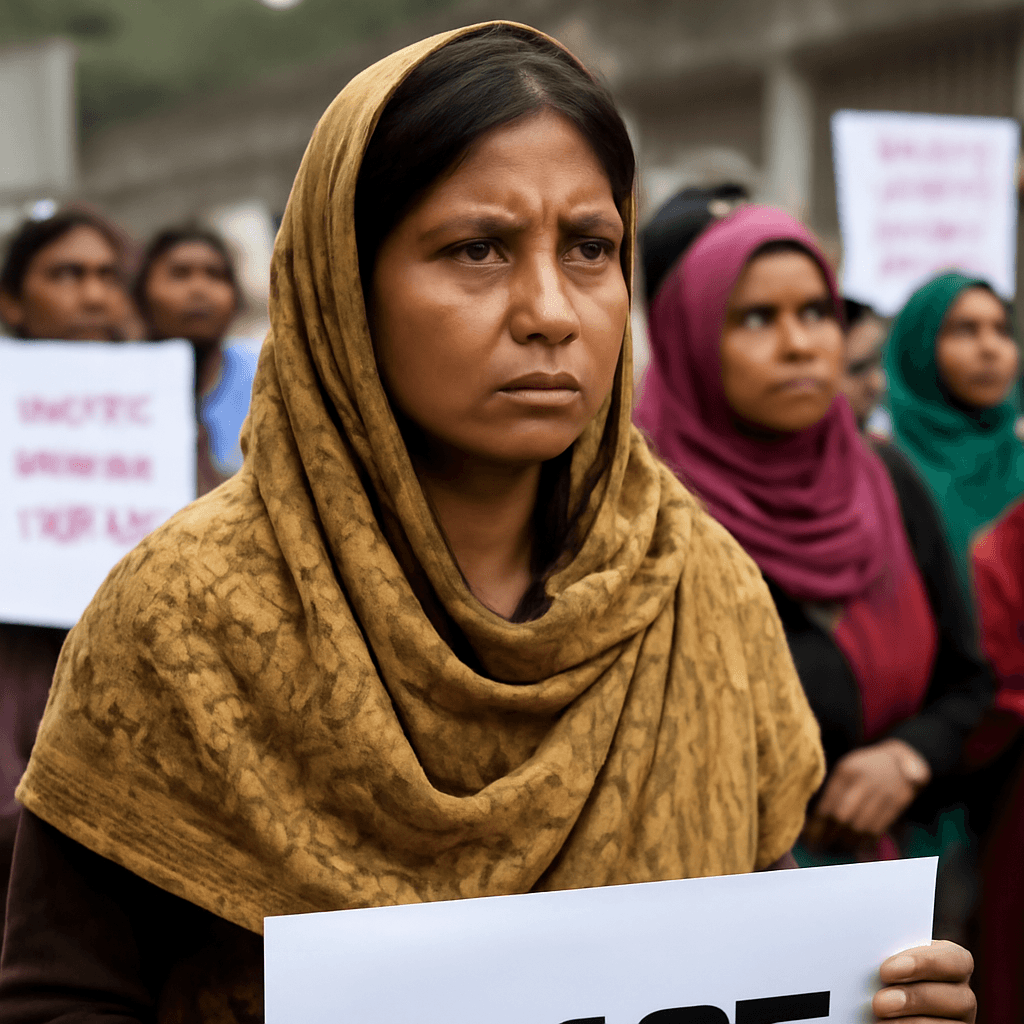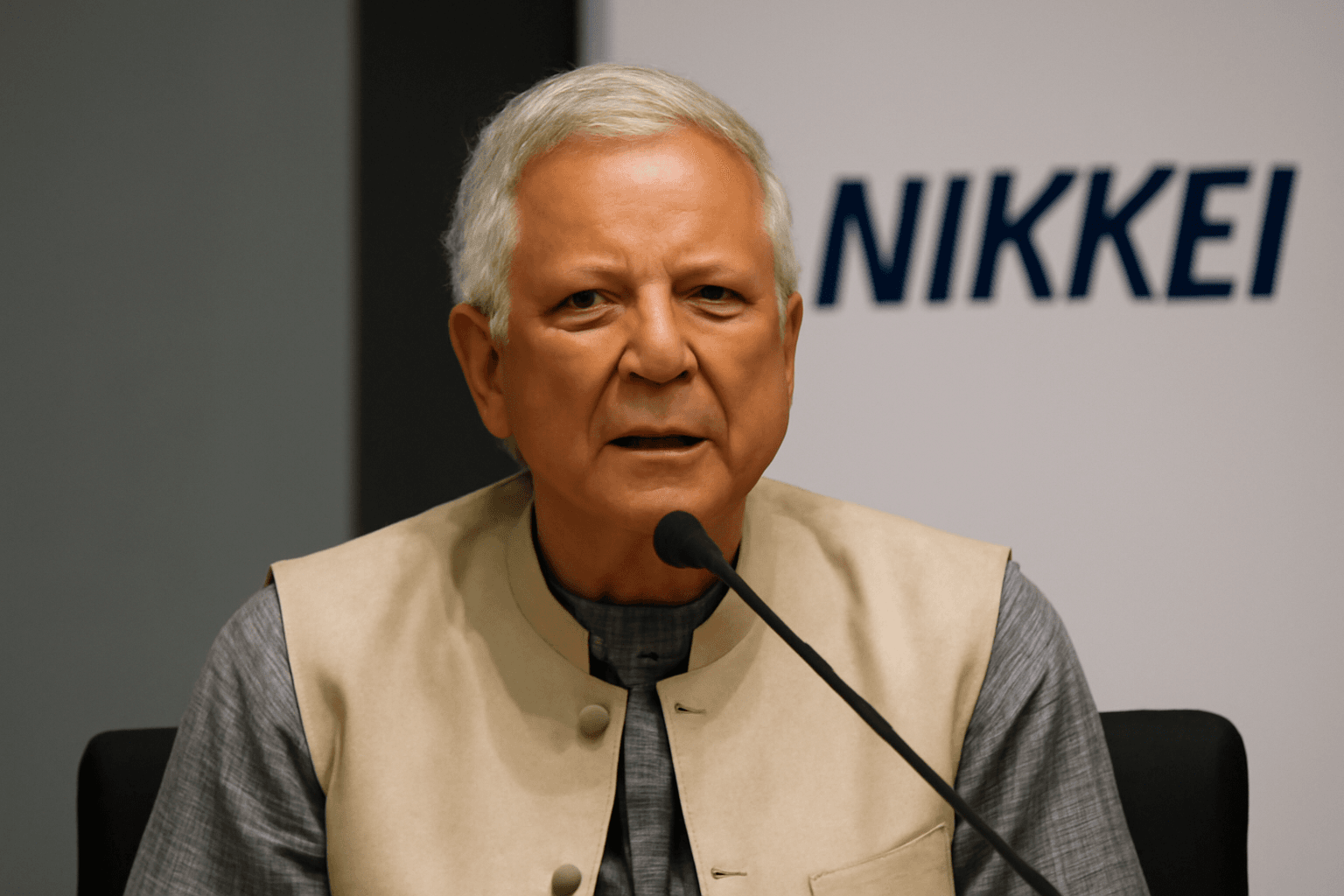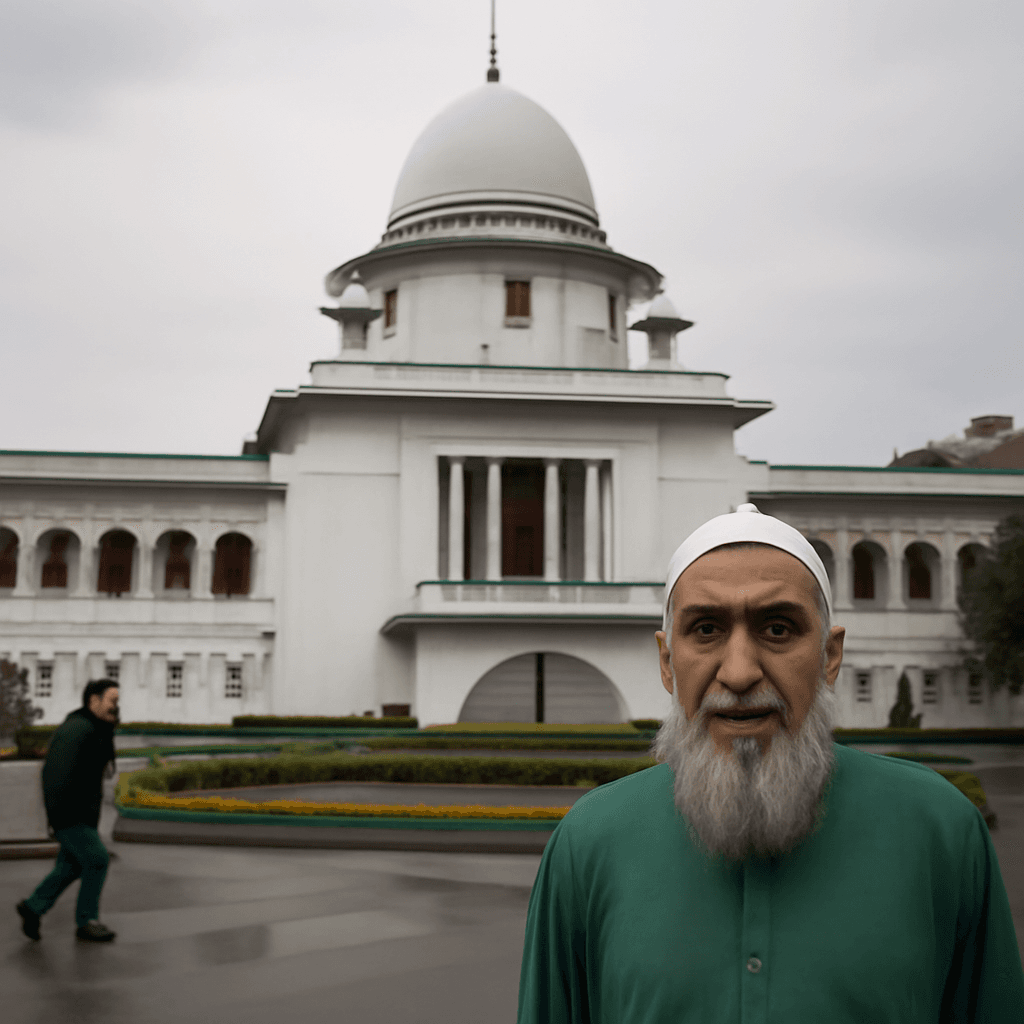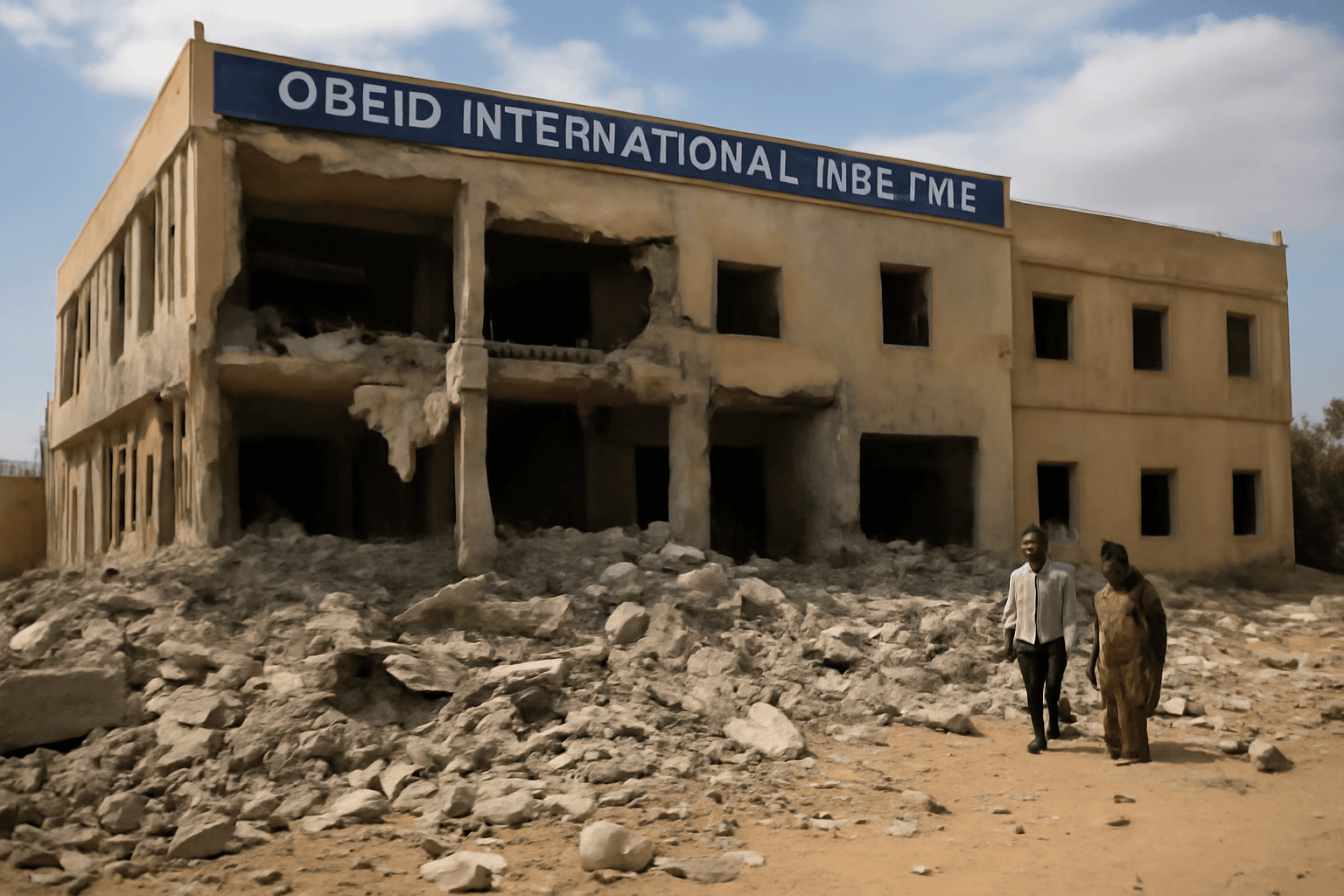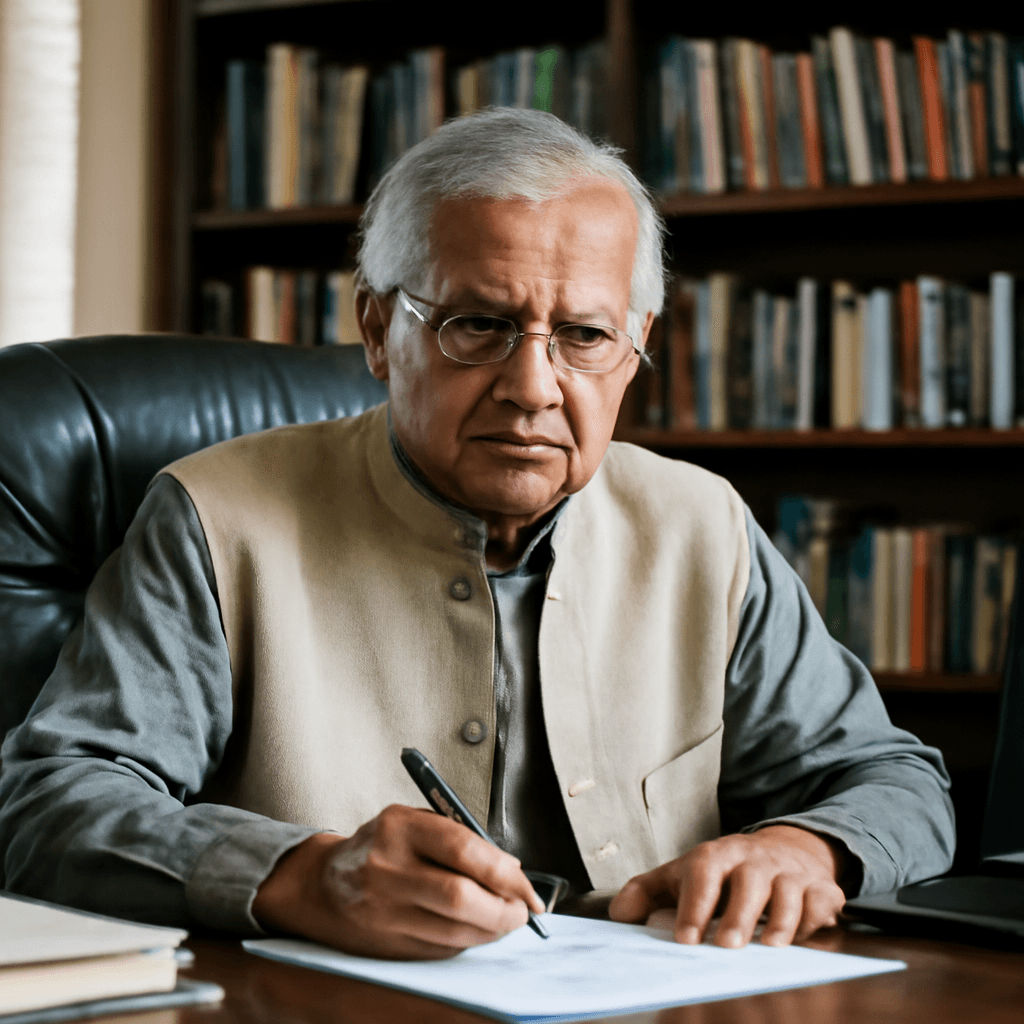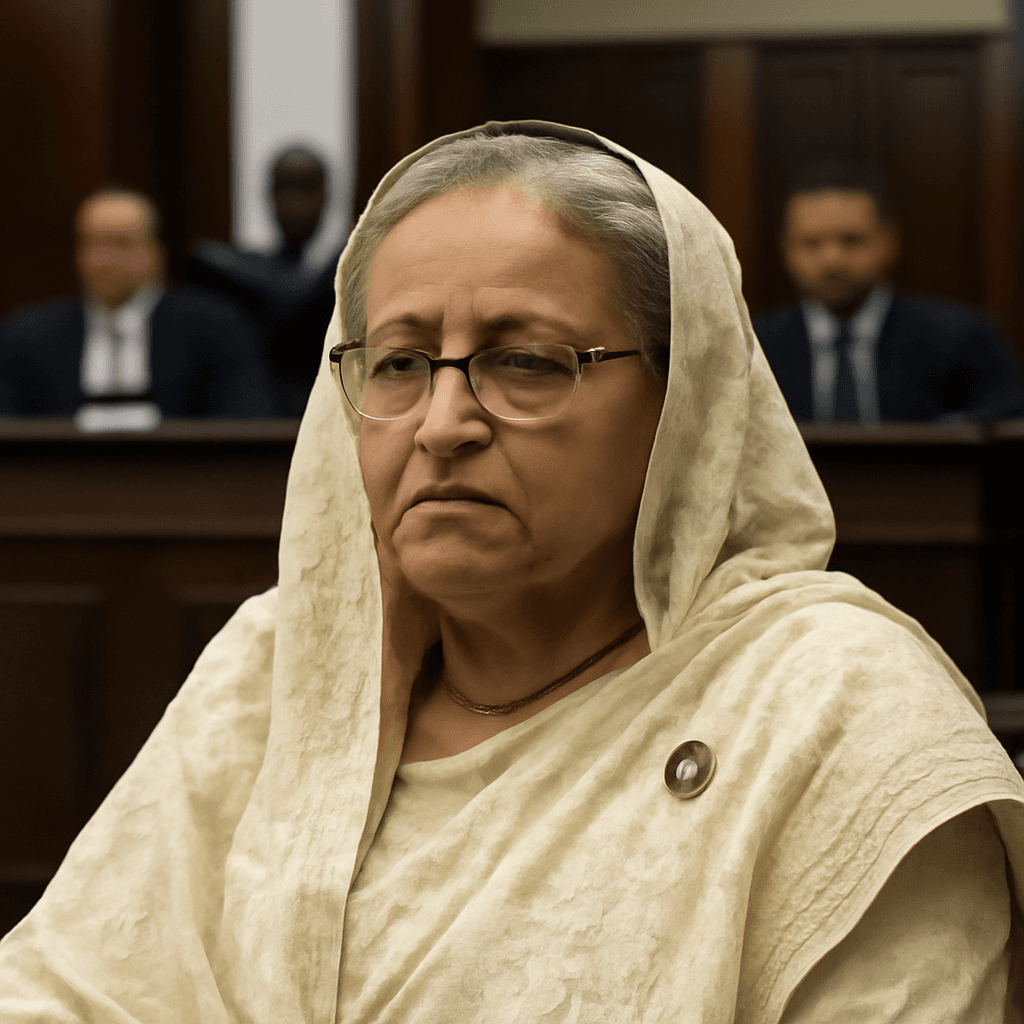Tokyo: Nobel laureate and Bangladesh interim chief Mohammad Yunus emphasized the fragility of peace in Asia and beyond during his address at the 'Nikkei Forum: 30th Future of Asia' in Tokyo on May 29, 2025. Yunus highlighted the devastation caused by ongoing wars and conflicts, urging Asia to adopt a "new moral compass" prioritizing peace, cooperation, and sustainability over power struggles and short-term gains.
Yunus’s remarks coincided with a controversial decision by Bangladesh’s Supreme Court to overturn the conviction of ATM Azharul Islam, a Jamaat-e-Islami leader accused of grave atrocities during the 1971 Bangladesh Liberation War. Islam was alleged to have orchestrated the killing of 1,256 people, the abduction of 17, and the rape of 13 women while serving as commander of the Al-Badr militia allied with the Pakistan Army.
Background on ATM Azharul Islam
Born in 1952 in Rangpur district, Azharul Islam’s conviction stemmed from the 1971 Jharuarbeel massacre. He had been imprisoned since 2012 and previously convicted under the regime of former Prime Minister Sheikh Hasina, whose administration had banned Jamaat-e-Islami and prosecuted its leaders for war crimes. Hasina’s 15-year leadership ended in August 2024 following a student-led uprising.
Islam’s appeals against his conviction, upheld multiple times between 2015 and 2020, culminated in a successful appeal filed after the political shift led by Yunus. On May 27, 2025, the Supreme Court’s full bench, led by Chief Justice Syed Refaat Ahmed, acquitted Islam, igniting significant controversy considering the historical wounds related to the liberation war.
Yunus’s Vision for Asia’s Future
During his Tokyo address, Yunus described a world beset by growing uncertainties, where peace is increasingly elusive. He referenced ongoing conflicts destroying lives across Ukraine, Gaza, and parts of South and Southeast Asia without explicitly naming any nations. Yunus lamented recent wars between neighboring countries, remarking on the enormous human and economic costs and the resulting deprivation among millions.
Notably, Yunus’s speech did not address the internal unrest in Bangladesh, including the recent ousting of Hasina or the reported increase in violence against minority communities since then.
Yunus’s call for a shift from rivalry to cooperation underscores the urgent need for regional stability in Asia to foster shared prosperity in an increasingly turbulent global environment.

